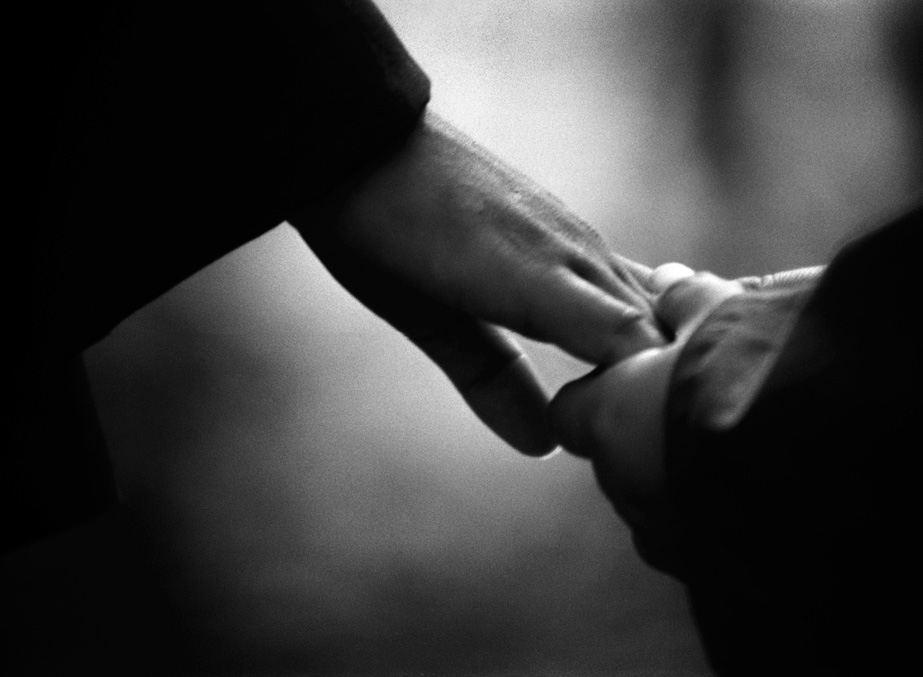Ango
Literally ango means “peaceful dwelling”, is a period of intensified Zen practice. People can intensify their practice in a number of ways: they can devote more time to meditation; increase their donations to the zendo or to their favorite charity; give more time to social action or volunteer efforts; pursue an art or body practice; or set aside more time for studying the Buddhist teachings. Each person designs an ango program that makes sense for them, and their individual program can include one or all of these activities. The Village Zendo conducts two ango training periods each year, one in summer and the other in winter.
Ango Commitment
The way to sign up for ango (practice period) is to complete an ango commitment form. By filling out and submitting this form, you indicate your intention to intensify your practice during ango. Once your commitment form is received, your name is entered on a list of ango participants. Throughout the ango, this list is updated to include those who have completed a commitment form. These names are added to the Ango Participants Scroll, which hangs at Village Zendo.
Practice and Inquiry Circle
The practice of sitting in a circle and speaking and listening from the heart, is held on the first Sunday of each month.
Daisan
Informal interview with a Dharma-Holder. It is an opportunity to inquire into this moment-mind, to explore any questions or issues you may have about practice, or just to say hello.
Dokusan
Interview with the teacher, is available to formal students of on most Tuesdays, Wednesdays, Sundays and during zazenkai.
Fusatsu
An ancient Buddhist chanting and bowing ceremony of atonement and purification that provides us with the opportunity to acknowledge our karmic entanglements and obscurations.
Jukai
This means “to receive the precepts” – it is an initiation into the Zen Buddhist Community. In Jukai, you receive the rakusu, which represents the robe of the Buddha, oryoki bowls, the kechyimyaku, connecting you to the lineage of people who practiced in the past, and a dharma name, representing qualities of your practice. more info…
Kinhin
A walking meditation period. This typically starts with a period of slow walking followed by a somewhat faster period of walking.
Oryoki
A set of bowls used in a Zen eating ceremony and also the formal silent meal that takes its name from the bowls. The work comes from Oo which is the receiver’s response to the offering of food, Ryoo, the amount to be received, and Ki, the bowl. more info…
Shuso
During ango, the teacher may choose to designate one student to serve as shuso, the head student during the ango training period. The shuso serves as a leader and model of practice during this time. At the end of ango, the shuso undergoes an empowerment ceremony known as shuso hossen.
Shuso Hossen
A ceremonial rite-of-passage marking a student’s promotion to the rank of Senior. It takes place at the conclusion of the intensive training period of Ango during which the student serves as a model to the sangha or community. The event is both a crucible and an empowerment for the student in that their understanding is tested by the community. As such, it is a participatory and deeply moving experience for all. At shuso hossen, the shuso gives his or her first dharma talk and takes questions from the community in a ceremonial conversation known as dharma dialogue.
Tangaryo
Continuous sitting meditation over the course of one day followed by tea
with Enkyo Roshi. It is undertaken in preparation for becoming a formal student
of Enkyo Roshi. Tangaryo is an expression of a student’s commitment, modeled
after the tradition in which Zen monks demonstrated the sincerity of their desire
to be accepted into monastic training. more info…
Zazen
This literally means ‘seated mind’ and is the Zen form of silent sitting meditation.
It is the core of Zen practice.
Zafu
The cushion on which one sits during meditation.
Zabuton
A mat on which the Zafu is placed.
Zazenkai
(An intensive practice period ): Typical schedule: Saturday, 8:00 a.m. to 7:00 p.m ; Sunday 9:30 a.m. to 12:30 p.m. You may participate in all or any part. more info…

